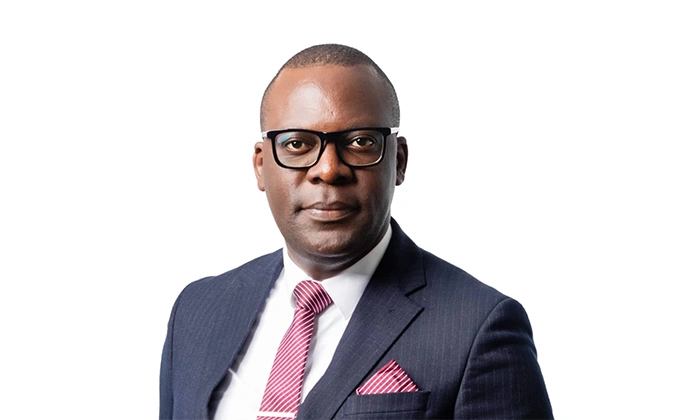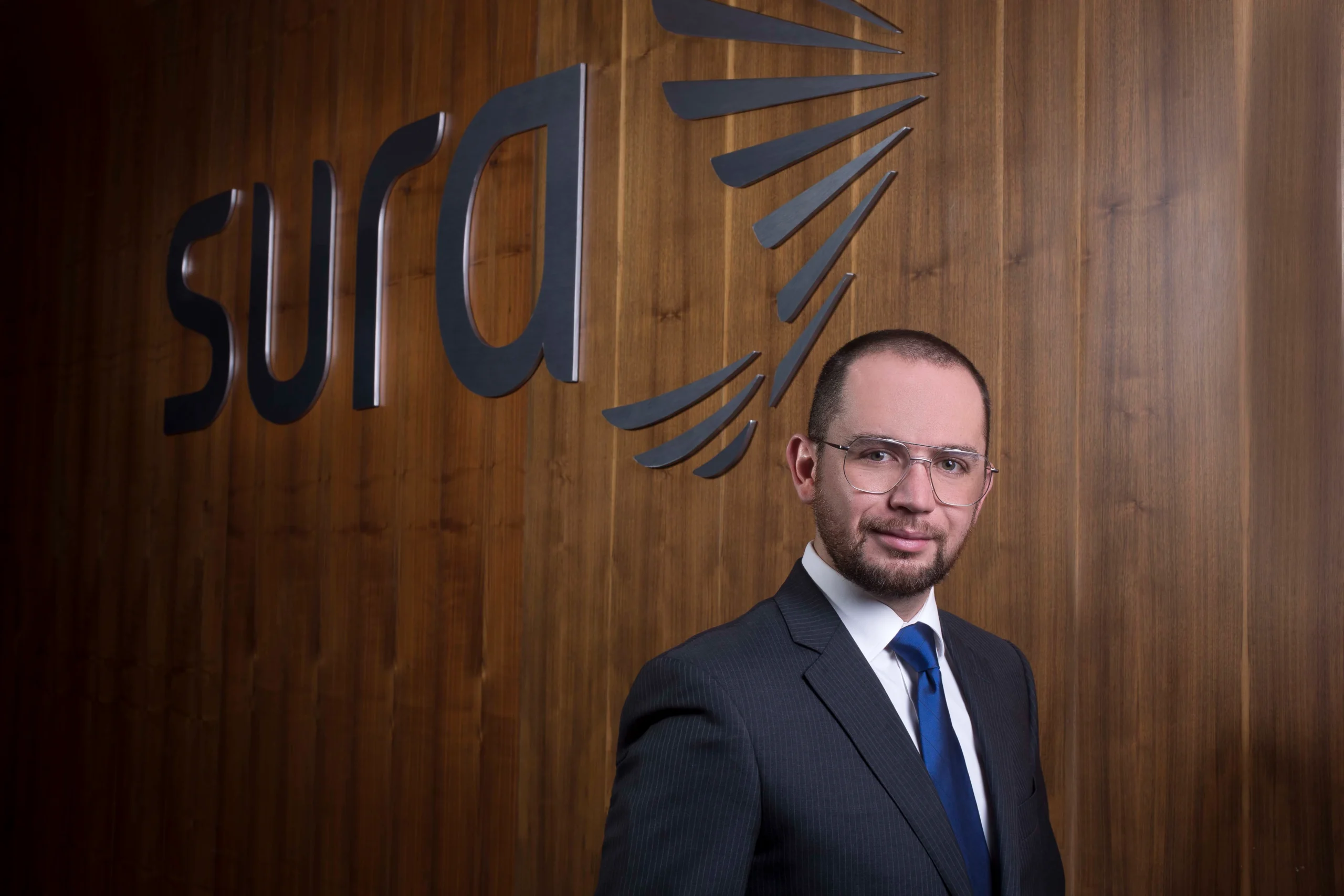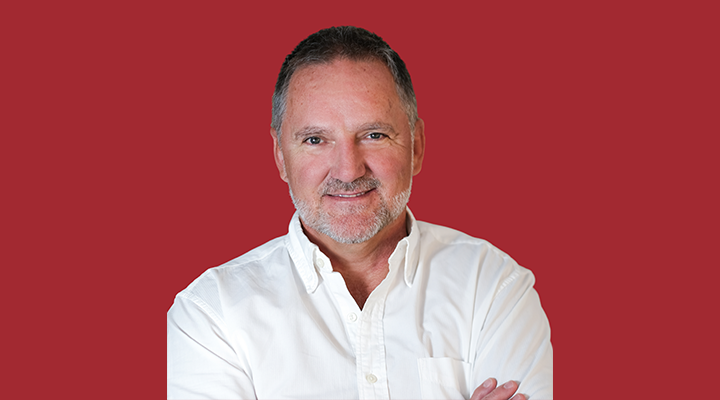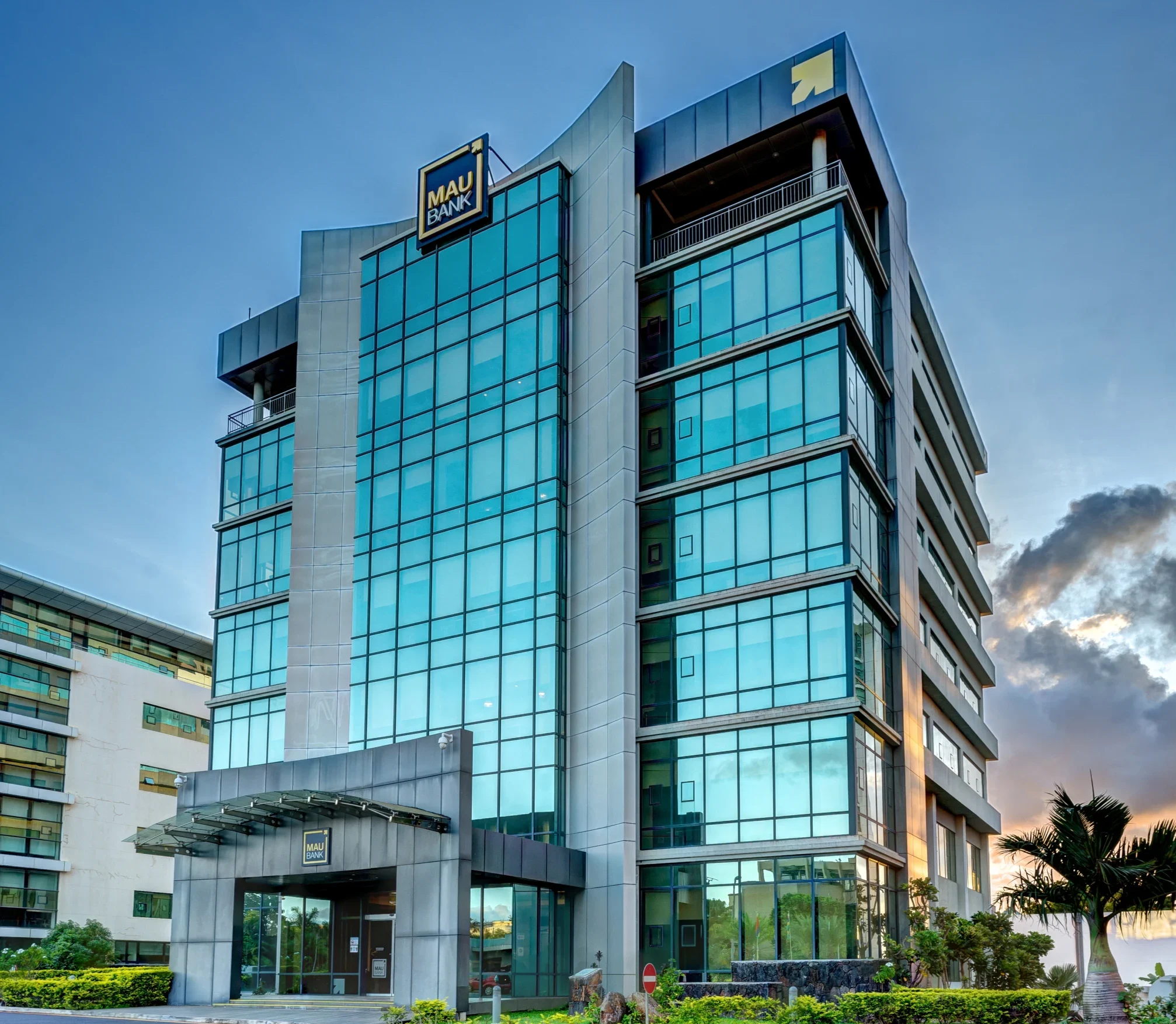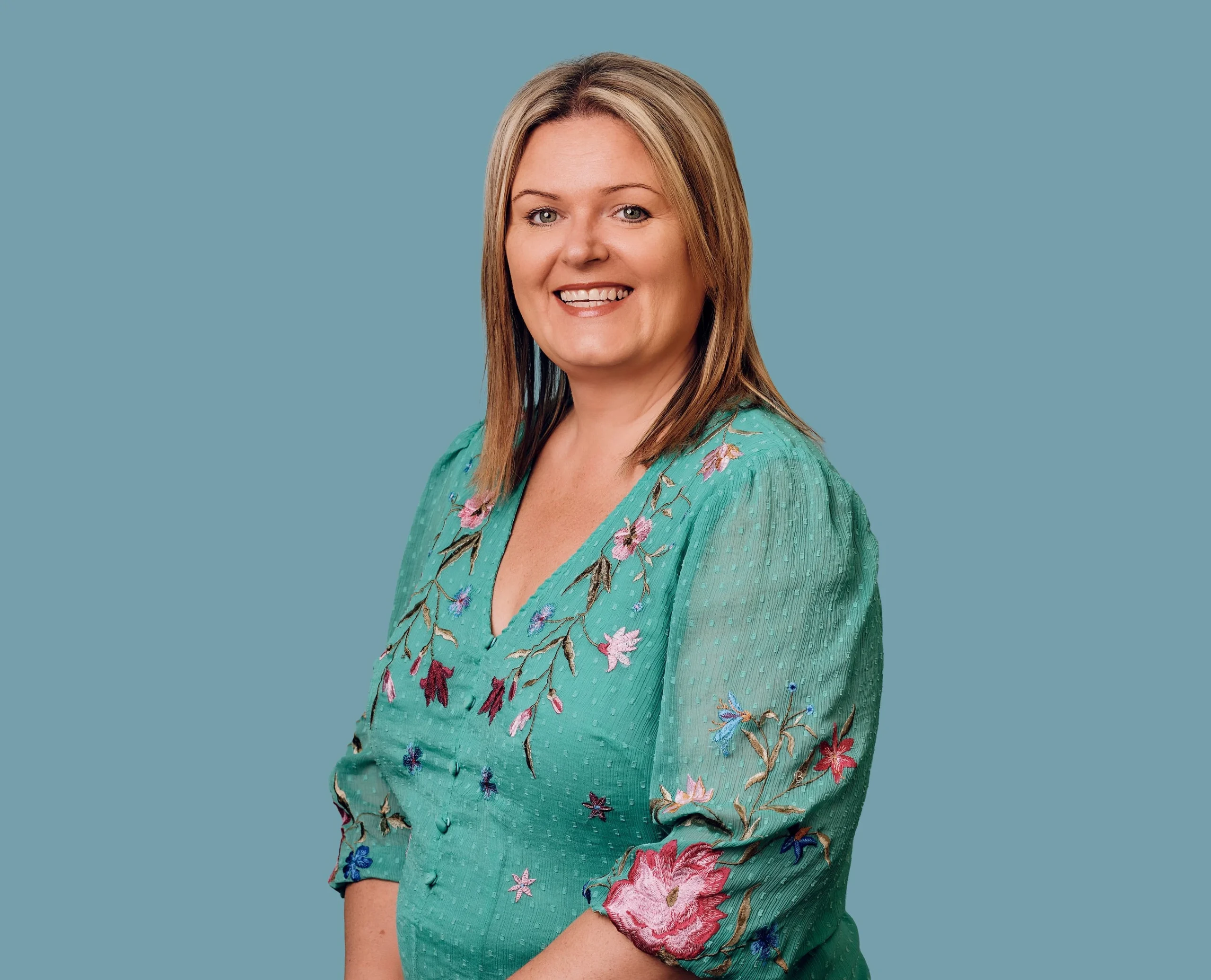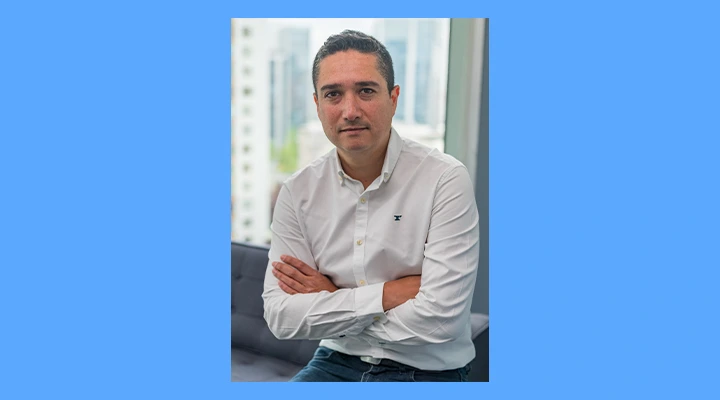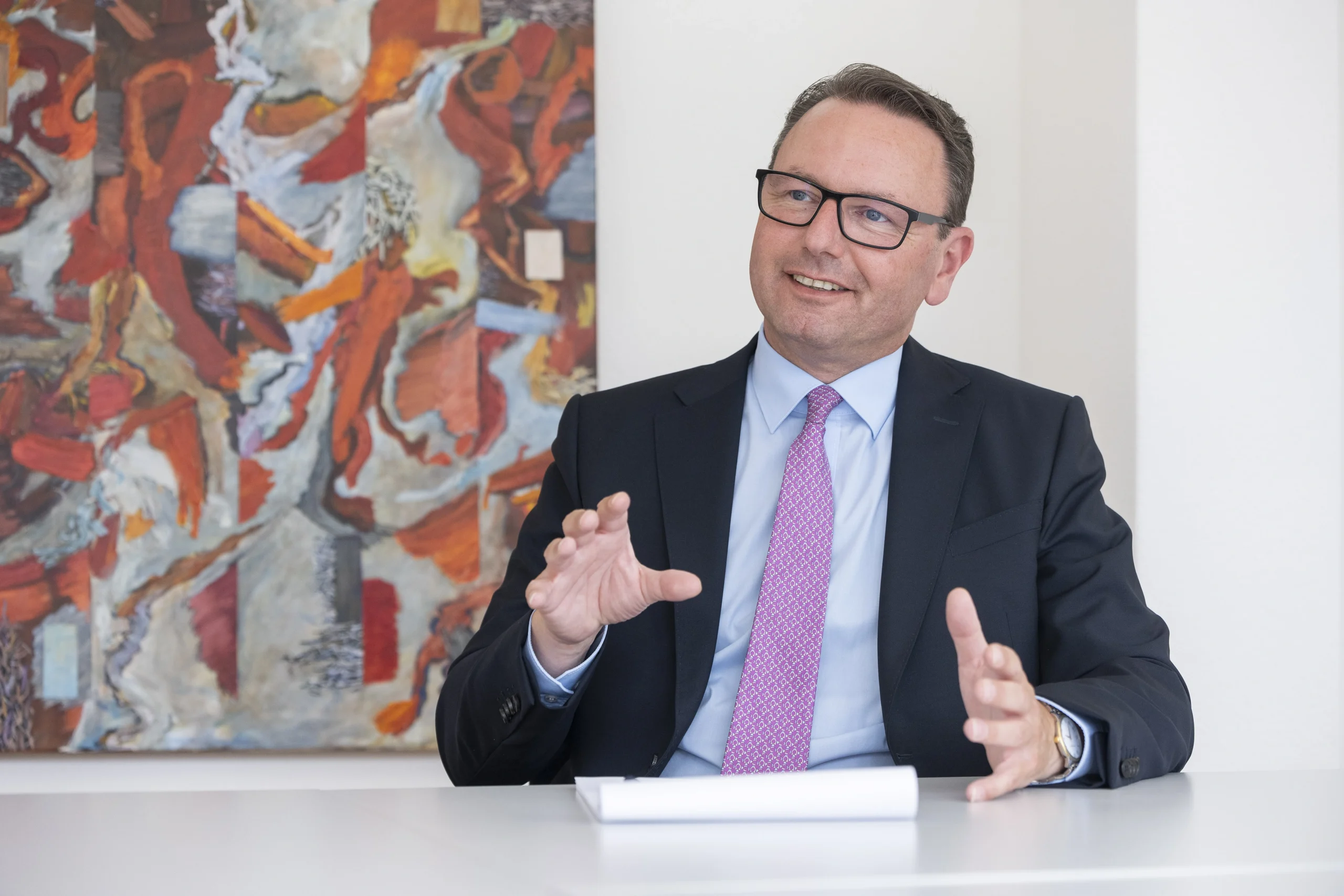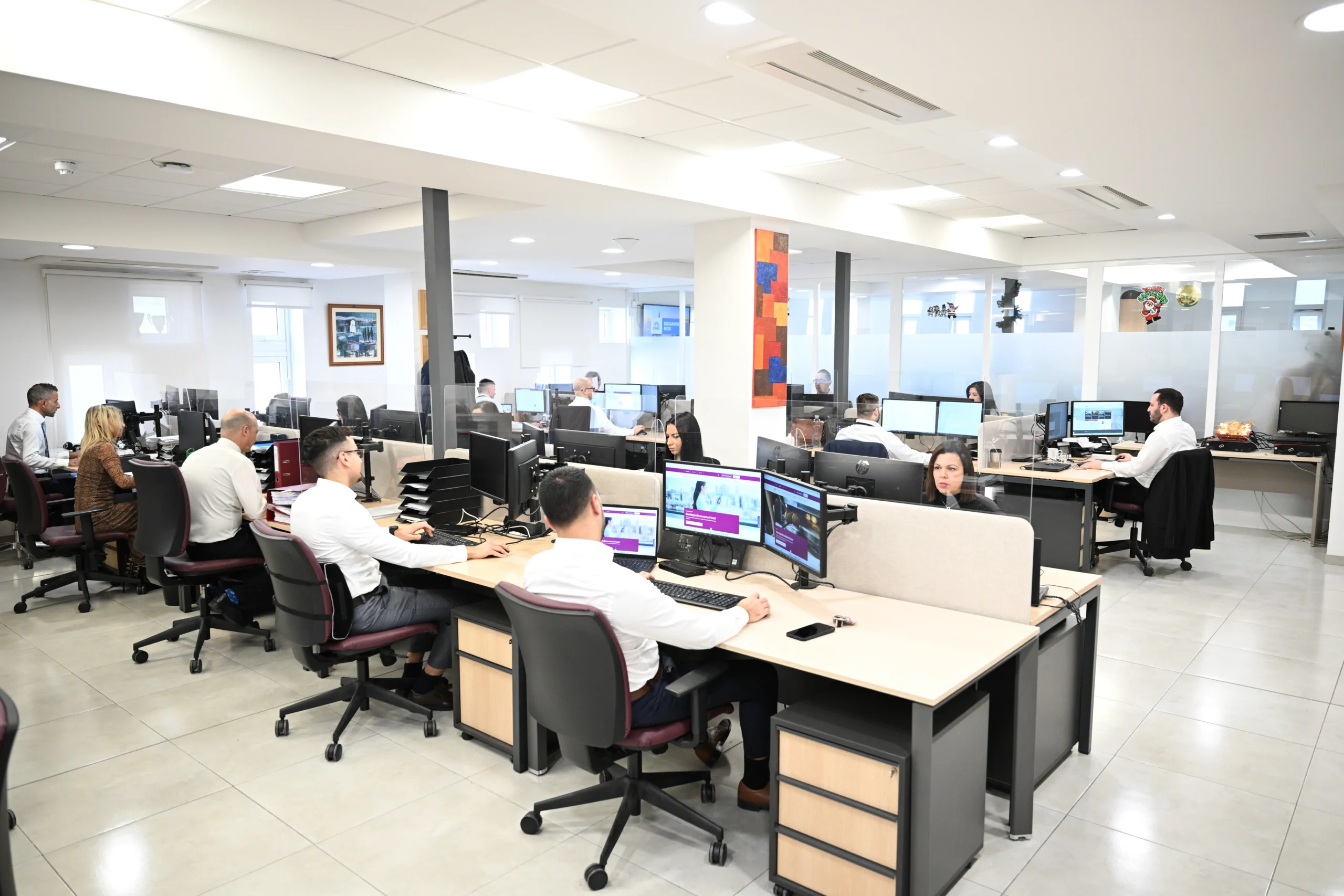How SPACs are changing the horizon of global expansion

John E. Kaye
- Published
- Banking & Finance, Home

Nick Whitehead, Senior Manager at ZEDRA talks us through the history and benefits of SPACs and their future impact on global expansion
You can’t escape references to ‘SPACs’ at the moment. They’re a hot topic across the investment world with some high-profile successes in recent times, including Bill Gates-backed electric vehicle battery producer, QuantumScape, and the popular Churchill Capital IV, a SPAC soon to merge with Tesla competitor, Lucid Motors.
What are they?
A Special Purpose Acquisition Entity (SPAC) is fundamentally a shell company that is listed on an exchange with the sole intention of merging with another entity. The SPAC raises funds through an IPO, then uses the funds raised to merge with (or be acquired by) an unlisted operating entity. As a result, the acquired entity will become publicly traded by way of the transaction, rather than undertaking its own IPO.
What’s all the fuss about?
Listing through a SPAC can provide companies with an array of benefits, which is what has driven their recent rise to popularity. This is a recent trend despite being around since 1993, when David Nussbaum and his fellow GKN Securities founders developed the template for what we now know as a SPAC. The benefits of SPACs include:
- More Access to Capital – merging with a SPAC provides companies who might not, in their own right, be a reasonable candidate for an IPO, the ability to access capital that would previously be unattainable.
- Experienced Management – a SPAC will usually come with a management board made up of individuals with significant experience in the sector in which they are targeting. A small or medium sized company using a SPAC to raise funding will also have access to the breadth of experience offered by the board members.
- Speed of Completion – where a traditional IPO might take six months and sufficient expertise/resource to list directly, a merger with a SPAC can be completed in a three to four month time frame which helps companies access funds raised much quicker.
How does this impact global expansion?
The driving factor in companies deciding to merge into a SPAC is, in the most part, access to funds. With this becoming an appealing, popular and increasingly straight forward option, it might be that we see companies willing to forgo geographical convenience and relocate to somewhere new that works for them.
SPACs are mostly used in the US, where they became increasingly popular during 2020, and we are seeing UK entities exploring this transatlantic opportunity as a viable option for their fundraising and expansion. However, we are seeing the UK reacting accordingly with the news that Chancellor Sunak will be commissioning a revie of UK stock market rules and regulations in a bid to enable high-growth tech companies and produce SPACs with better acquisition opportunities. Without a doubt, SPACs will soon become a more frequent transaction seen in the UK markets too.
With London very much open for business, a long history of success for tech and fintech companies and now, another technique available to access funds and promote growth – we’re set to enter a new phase in global expansion, with SPACs leading the charge.
Further information
Sign up to The European Newsletter
RECENT ARTICLES
-
 Liechtenstein lands AAA rating again as PM hails “exceptional stability”
Liechtenstein lands AAA rating again as PM hails “exceptional stability” -
 Lusaka Securities Exchange surges ahead on reform momentum
Lusaka Securities Exchange surges ahead on reform momentum -
 PROMEA leads with ESG, technology and trust in a changing Swiss market
PROMEA leads with ESG, technology and trust in a changing Swiss market -
 Why collective action matters for pensions and the planet
Why collective action matters for pensions and the planet -
 Structuring success with Moore Stephens Jersey
Structuring success with Moore Stephens Jersey -
 PIM Capital sets new standards in cross-jurisdiction fund solutions
PIM Capital sets new standards in cross-jurisdiction fund solutions -
 Innovation, advisory and growth: Banchile Inversiones in 2024
Innovation, advisory and growth: Banchile Inversiones in 2024 -
 Digitalization, financial inclusion, and a new era of banking services: Uzbekistan’s road to WTO membership
Digitalization, financial inclusion, and a new era of banking services: Uzbekistan’s road to WTO membership -
 Fermi America secures $350m in financing led by Macquarie Group
Fermi America secures $350m in financing led by Macquarie Group -
 Banchile Inversiones receives three prestigious international awards
Banchile Inversiones receives three prestigious international awards -
 What makes this small island one of the world’s most respected financial hubs?
What makes this small island one of the world’s most respected financial hubs? -
 MauBank wins international award for tackling barriers to finance
MauBank wins international award for tackling barriers to finance -
 ‘It’s like a private bank but with retail rates’: Inside Jersey’s mortgage market for new high-value residents
‘It’s like a private bank but with retail rates’: Inside Jersey’s mortgage market for new high-value residents -
 How one fintech is using AI to fix Latin America’s broken mortgage system
How one fintech is using AI to fix Latin America’s broken mortgage system -
 Why the humble trading journal could be your edge in volatile markets
Why the humble trading journal could be your edge in volatile markets -
 The smart way to structure family wealth: Why Liechtenstein funds are in demand
The smart way to structure family wealth: Why Liechtenstein funds are in demand -
 How market concentration is creating new risks and opportunities
How market concentration is creating new risks and opportunities -
 Staying the course in an unpredictable market
Staying the course in an unpredictable market -
 Decision-making factors when establishing a foundation
Decision-making factors when establishing a foundation -
 Why the British Virgin Islands remains a top destination for global business
Why the British Virgin Islands remains a top destination for global business -
 Malta’s growing appeal as a financial services domicile
Malta’s growing appeal as a financial services domicile -
 Matthieu André on AXA IM Select’s award-winning approach to multi-manager investing
Matthieu André on AXA IM Select’s award-winning approach to multi-manager investing -
 A legacy built on trust
A legacy built on trust -
 U.S voters slam economy as ‘on wrong track’ — but back skills revolution, poll finds
U.S voters slam economy as ‘on wrong track’ — but back skills revolution, poll finds -
 Liechtenstein financial centre: A safe haven in uncertain times
Liechtenstein financial centre: A safe haven in uncertain times

